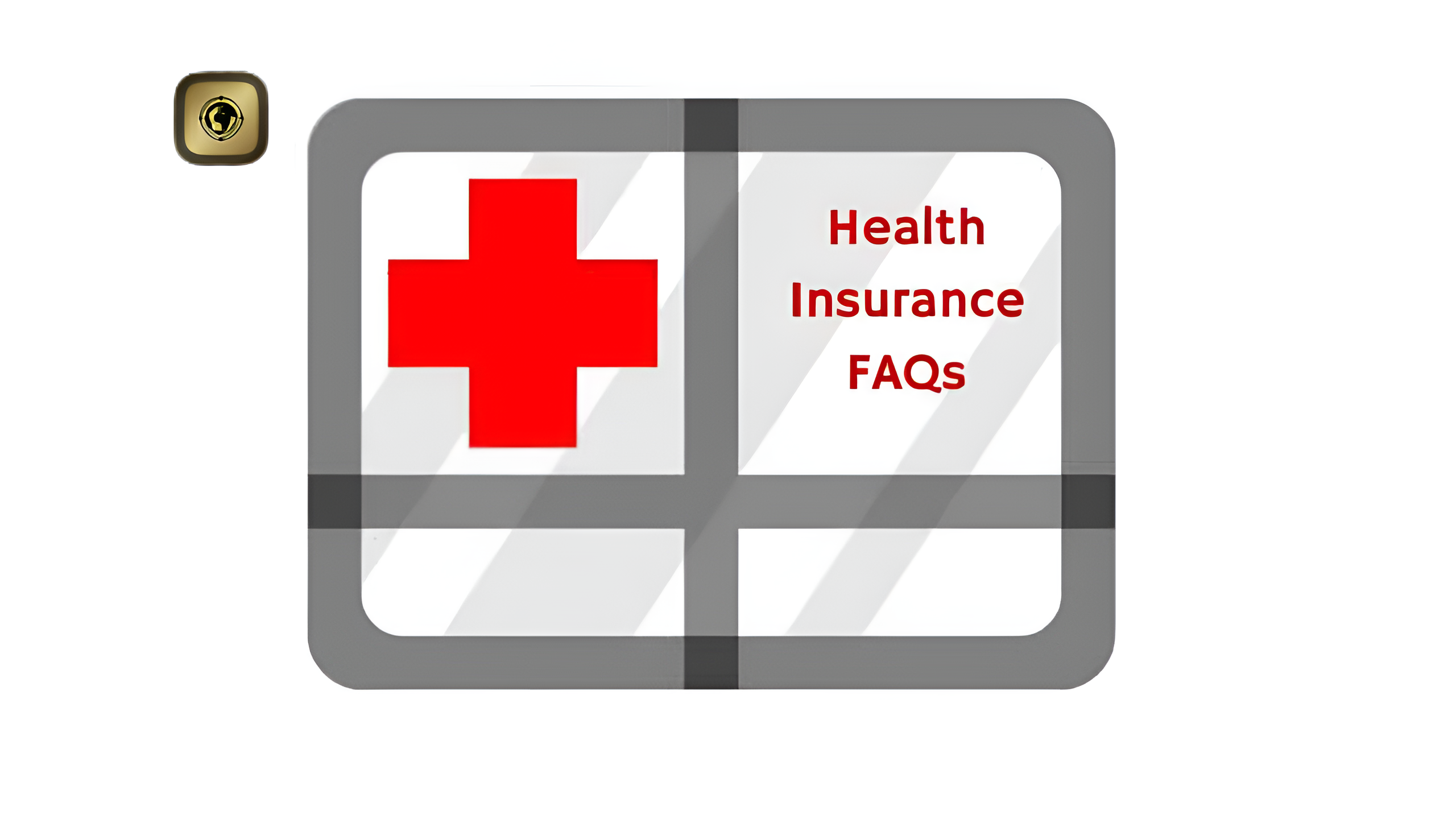April 15, 2025
List of Health Insurance FAQs
Q1. I am youthful and in good health. Is it truly necessary for me to have health insurance?
Answer: Yes. Even if you’re young and healthy, health insurance protects you against unexpected emergencies such as accidents or sudden illnesses. The major benefit is financial protection against high medical costs. It’s always wise to be insured before a crisis arises.
Q2. Is health insurance equivalent to life insurance?
Answer: No. Life insurance provides financial support to your dependents after your death or on policy maturity. Health insurance, on the other hand, covers expenses related to illness, injury, diagnosis, and treatment, but it must be renewed annually and does not offer any maturity benefit.
Q3. My employer supplies me with health insurance coverage. Should I consider purchasing an additional policy independently?
Answer: Yes. Employer-provided coverage ends if you change jobs or retire. Also, any coverage or waiting periods for pre-existing conditions won’t carry over to a new job. A personal policy ensures continuous, consistent protection.
Q4. Does health insurance cover maternity/pregnancy-related expenses?
Answer: No, individual policies typically do not cover maternity. However, group health insurance plans (usually from employers) often do. Always check the specifics of the policy.
Q5. Are there any tax benefits that can be obtained when purchasing health insurance?
Answer: Yes. Under Section 80D of the Income Tax Act, 1961, you can claim deductions:
- ₹15,000 for premiums paid for self and dependents
- ₹20,000 if covering senior citizens
Note: This is separate from Section 80C benefits.
Q6. Is a medical checkup necessary before buying a policy?
Answer: Generally, no medical checkup is needed below age 40 or 45, depending on the insurer. However, it’s mandatory for older customers when buying a new policy. Renewals typically don’t require a checkup.
Q7. What are the minimum and maximum policy durations?
Answer: Most policies are valid for 1 year, but some insurers offer 2-year plans. All policies must be renewed at the end of the term.
Q8. What is the coverage amount?
Answer: Also called “sum insured,” it is the maximum amount your insurer will pay in case of a claim. The premium you pay depends on this amount.
Q9. My wife and children are located in Mysore while I am in Bangalore. Can I include all of us under one policy?
Answer: Yes. A family health insurance policy covers members regardless of their locations. Just ensure there are network hospitals near both locations for cashless treatment.
Q10. Are naturopathy and homeopathy treatments covered under a health policy?
Answer: No. Standard policies cover only allopathic treatments provided at recognized hospitals or nursing homes. Alternative treatments like naturopathy and homeopathy are excluded.
Q11. Does health insurance cover diagnostic charges like X-ray, MRI or ultrasound?
Answer: Yes, but only if the diagnostic tests are associated with a hospitalization (minimum 24 hours). Tests done on an OPD basis are generally not covered.
Q12. Who is a Third Party Administrator (TPA)?
Answer: A TPA is an IRDA-approved service provider that assists insurance companies by managing hospital networks, handling claims, and facilitating cashless services.
Q13. What do you mean by Cashless Hospitalization?
Answer: With Cashless Hospitalization, your insurer settles the hospital bills directly with the hospital. You don’t have to pay out-of-pocket at the time of discharge, provided the hospital is in the insurer’s network.



Leave A Comment